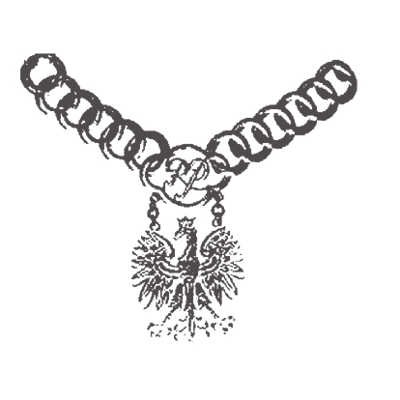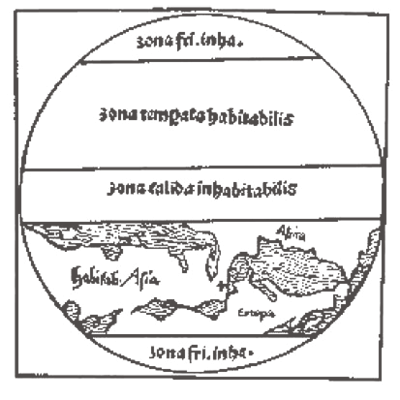Shareholder’s proxy at the general meeting of a public company
The season for annual general meetings is approaching with the deadline for approval of the financial statements of Polish companies. Shareholders need not participate in the meeting personally, but may appoint a proxy. However, the law provides for certain differences in appointment of proxies in listed and unlisted companies.

Disputes under FIDIC contracts
Are proceedings before the Dispute Adjudication Board a necessary condition for seeking arbitration?

New criterion for evaluating product safety
The Court of Justice of the European Union has held that the probability of a defect can make a product defective.

After a judgment is set aside on interlocutory appeal to the Supreme Court, the case can be reconsidered by the very same judges
The panel of judges must be changed after a ruling is overturned and remanded for reconsideration only in the case of a ruling on the merits of the specific dispute. This is not the case for proceedings commenced by an interlocutory appeal to the Supreme Court on procedural issues.

Converting perpetual usufruct into ownership: Unconstitutional giveaway from local governments to private businesses
Poland’s Constitutional Tribunal has held that regulations giving economic entities the right to demand conversion of perpetual usufruct of land into ownership violate constitutional principles of social justice and local government autonomy.

Dispute Adjudication Board: Professional decision-making or a costly formality?
The FIDIC contract terms provide that disputes between the investor and the contractor are to be decided by a Dispute Adjudication Board. But in Poland the board’s rulings are often ignored by parties who disagree with them.

Upcoming (r)evolution in school shops – what can food producers offer children in Polish schools?
After more than two years of discussions, the Food Safety and Nutrition Amendment Act concerning children’s nutrition at schools was enacted on 28 November 2014. The new law, which comes into force on 1 September 2015, aims to eliminate unhealthy food from school shops and prohibit the promotion of unhealthy foods within educational institutions.

Tax support for commercialisation of knowledge
The Act of 29 August 2014 Amending the Corporate Income Tax Act, the Personal Income Tax Act and Certain Other Acts went into force on 1 January 2015.

How many claims can be secured by one financial pledge?
It is clear that an ordinary pledge can secure only one claim. In the case of a financial pledge the opinions are divided.

Controlled foreign companies: New Polish tax rules from January 2015
Amendments to Poland’s Corporate Income Tax (CIT) Act and Personal Income Tax (PIT) Act went into force at the beginning of 2015. One of the key changes is taxation of income earned by controlled foreign companies (CFC, in Polish: zagraniczne spółki kontrolowane).

New rules for commercialisation of university research
Amendments to the Higher Education Law went into effect on 1 October 2014. Among a number of major modifications to the existing operating model for Polish universities, there are new rules for commercialisation of results of research and development and related knowhow.

Will Polish courts have faith in trusts?
In recent years, EU law has been generally the route through which Western models and ideas have been introduced into Polish law. Europe has decidedly much more to offer us, but with regard to certain legal institutions, we have to reach out for them by ourselves. One of them, which is ever more boldly knocking on our door, is a concept of trust. Will it be greeted in Poland with joy?
